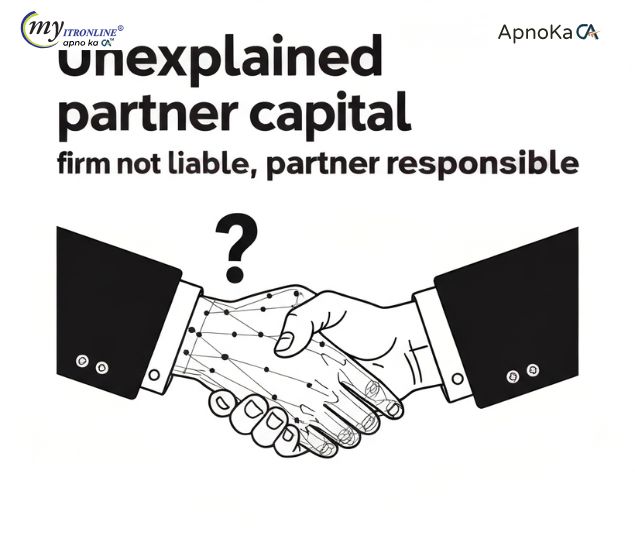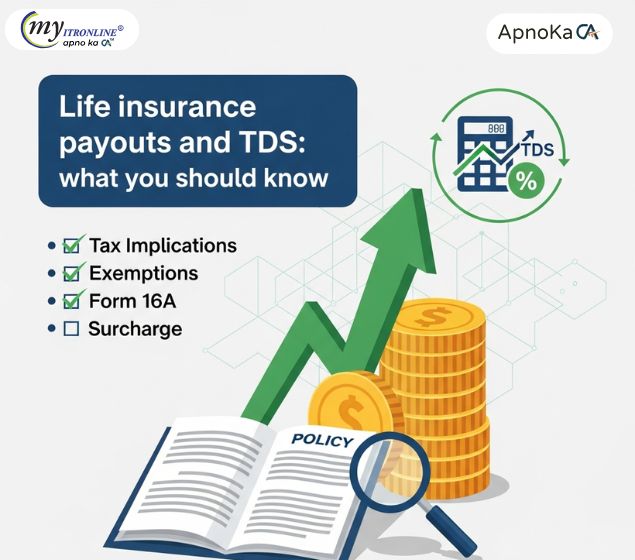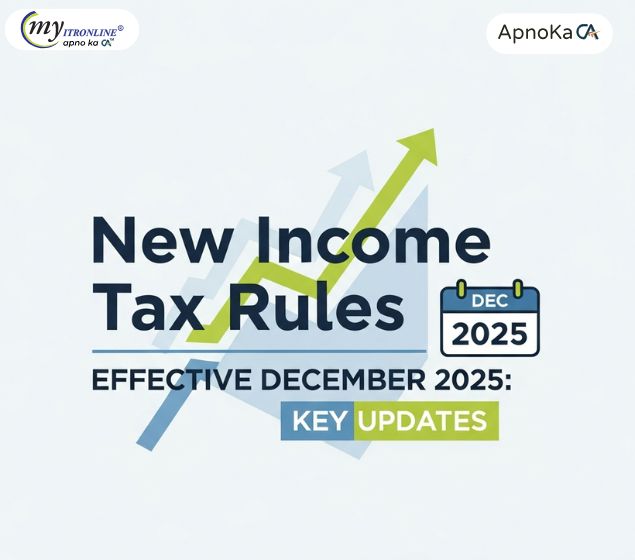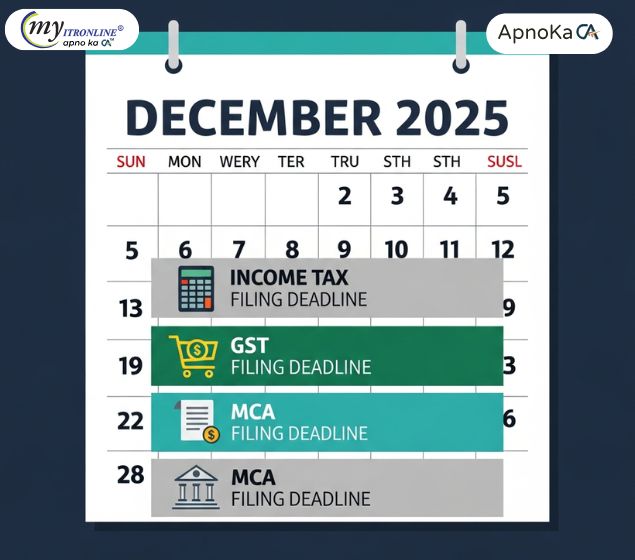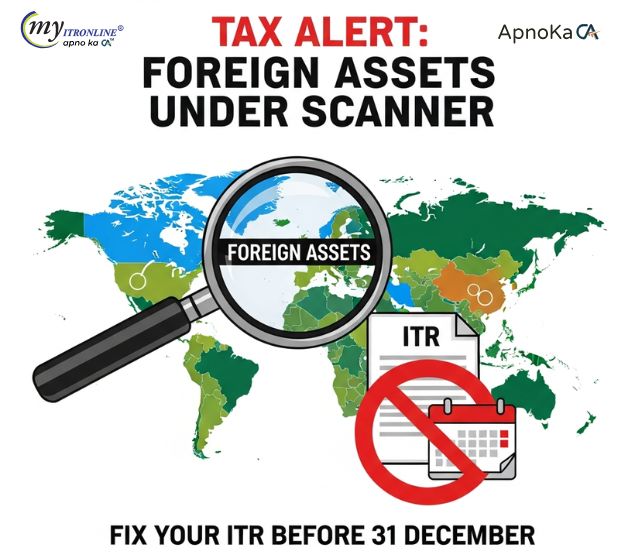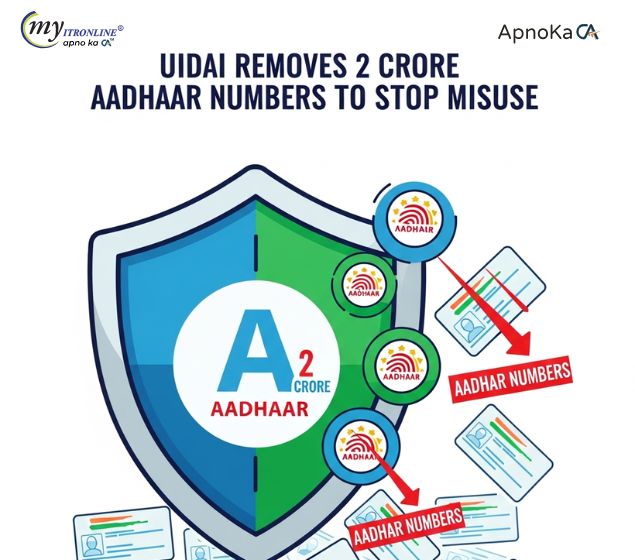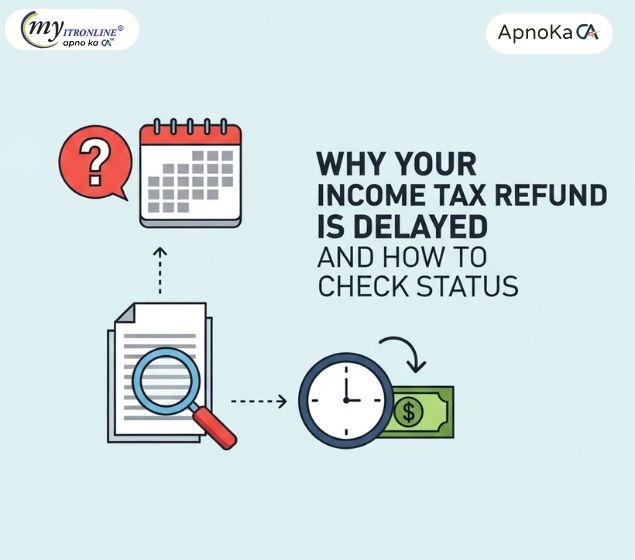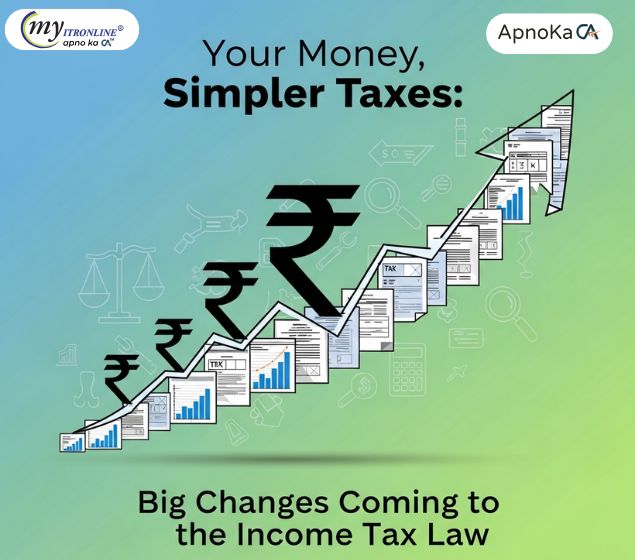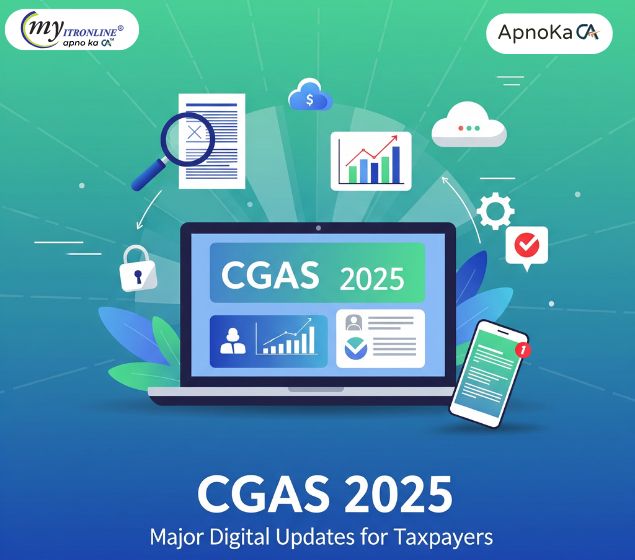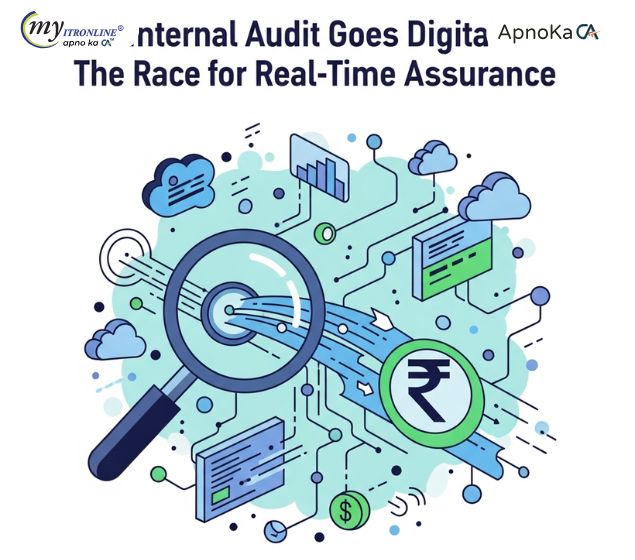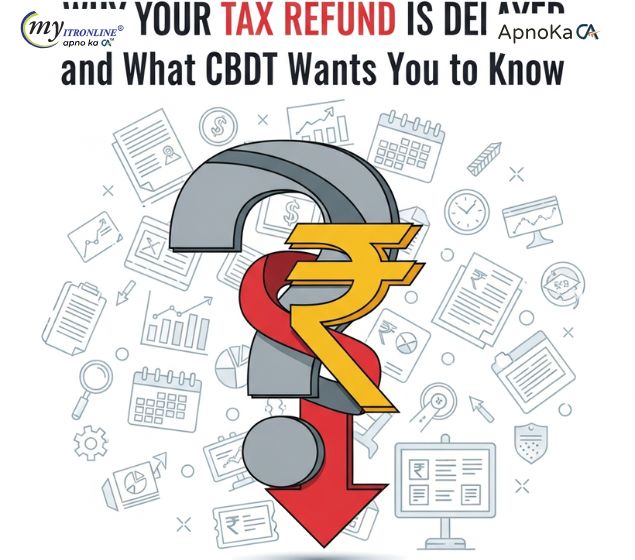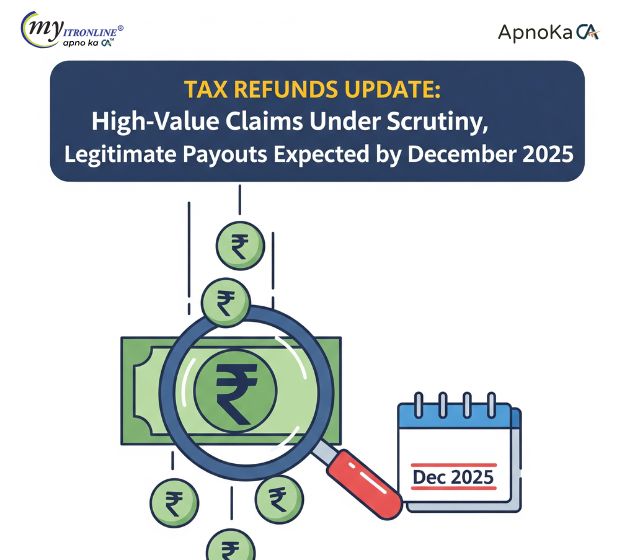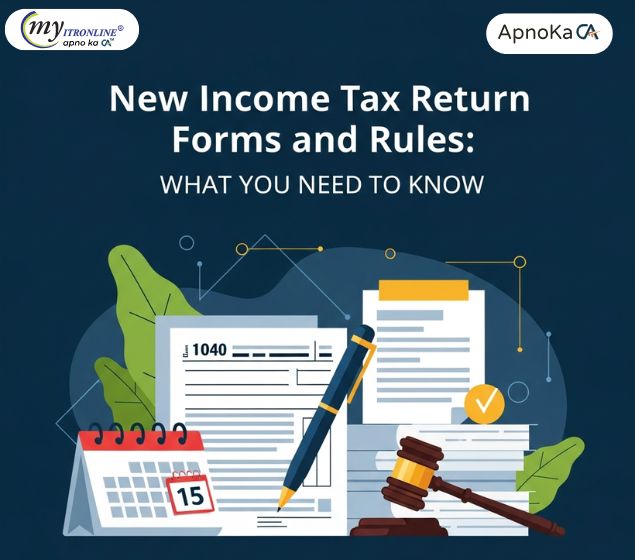Income Tax Bill 2025: How the Removal of Section 80C Affects Your Tax Savings
To make tax compliance easier, the government has eliminated Section 80C from the Income Tax Bill 2025 and merged it with Section 123. This blog examines the ramifications of this change, its effect on taxpayers, and how to adapt financial planning strategies in response.
.jpg )
Introduction
As part of a significant reform of the income tax system, the government has eliminated Section 80C in the new Income Tax Bill 2025. Section 80C, which has traditionally supported salaried individuals' tax-saving investments, will now be integrated into Section 123 to simplify tax compliance and enhance system transparency. The new regulations will take effect starting April 1, 2026.
Taxpayers, particularly those who depend on 80C deductions to lower their taxable income, are abuzz about this announcement. This blog will explore the implications of this change, its effects on taxpayers, and how you can adjust your financial planning in response.
What does Section 80C refer to?
Taxpayers often utilize Section 80C of the Income Tax Act to claim deductions of up to ₹1.5 lakh on various investments and expenses, including:
- Public Provident Fund (PPF)
- Employee Provident Fund (EPF)
- National Savings Certificate (NSC)
- 5-Year Fixed Deposits (FDs) with Banks/Post Office
- Equity Linked Savings Scheme (ELSS)
- Tuition Fees for Children
- Principal Repayment of Home Loan
- Life Insurance Premiums
This section has served as a reliable choice for individuals seeking to minimize their tax burden and promote long-term savings for decades.
What is the reason for the government’s abolition of Section 80C?
The government intends to streamline the tax system by minimizing the number of deductions and exemptions. The main motives for the abolishment of Section 80C are:
Promoting a Transparent Tax System
The government has been progressing towards a system characterized by fewer deductions and exemptions since the new tax regime was introduced in 2020. They are simplifying tax compliance by eliminating 80C.
Advancing Direct Investments
Rather than engaging in long-term financial planning, many taxpayers invest in 80C schemes solely for the purpose of tax savings. The new provisions are designed to foster direct investments as opposed to decisions motivated by tax considerations.
Integrating into Section 123 for Simplification
The government is consolidating tax-saving provisions into Section 123, rather than allowing multiple deductions under various categories. This is intended to lessen the amount of paperwork involved and simplify the process of filing taxes.
Encouraging Consumption Rather Than Savings
The government’s removal of 80C could be an attempt to shift taxpayer behavior from saving to spending in order to stimulate economic growth.
What does Section 123 refer to?
As Section 80C has been eliminated, tax-saving provisions will now be included in the new Section 123. Although full details are still pending release, early reports indicate:
- A new framework for asserting deductions.
- It is probable that the deduction limit will be raised to more than ₹1.5 lakh.
- Concentrate on vital financial investments and retirement savings.
- A simpler tax deduction strategy that uses a single window.
Impact on Taxpayers
The abolishment of 80C will yield varying effects across different categories of taxpayers:
Employees on Salary
Individuals who depend largely on EPF, PPF, and life insurance premiums for tax savings will have to reevaluate their financial strategies.
People putting their money in ELSS and fixed deposits
Due to its tax advantages, ELSS has been a favored choice. The absence of 80C could lead to changes in investment patterns.
Borrowers of Home Loans
Home loan principal repayments covered by 80C will now be categorized under Section 123. Borrowers ought to verify the impact on their deductions.
Parents Covering Tuition Costs
Tax benefits associated with education will also be updated, so parents need to verify new regulations under Section 123.
What Should Be Your Next Step?
- Await clarification on Section 123: Prior to implementing any modifications, grasp how Section 123 will substitute 80C and its new framework.
- Take into account the New Tax Regime: If you’re already on the new tax regime (which disallows deductions such as 80C), this change will not affect you.
- Reassess Investment Strategies: If your investments have solely been aimed at tax savings, it’s time to reassess your financial objectives.
- Explore other methods of saving on taxes: Investigate whether the government has rolled out new tax-saving options, such as deductions aimed at retirement.
Conclusion
The removal of Section 80C represents a major change in the tax system of India. The government aims to establish a tax system that is simpler and more transparent, even though this may appear to be a significant change. Due to the implementation of Section 123, it is essential for taxpayers to keep themselves updated and adjust their financial strategies as needed.
For the most recent tax updates and professional advice on tax planning, keep in touch with myITRonline.
FILING YOUR INCOME TAX RETURN F.Y 2024-25 (A.Y. 2025-2026) WITH MYITRONLINE
The income tax filing deadline is right around the corner. If you haven’t filed yet, do it today with Myitronline! Avoid last minute rush and file your tax return today on MYITRONLINE in Just 5 mins.(www.myitronline.com)
If you are looking for eCA assistance to file your income tax return/ GST, you can opt for MYITRONLINE eCA assisted plan starting
Upload Salary Individual Form-16
If you have any questions with filing your tax return, please reply to this mail. info@myitronline.com OR call 9971055886,8130309886.
Note-All the aforementioned information in the article is taken from authentic resources and has been published after moderation. Any change in the information other than fact must be believed as a human error. For queries mail us at marketing@myitronline.com
Krishna Gopal Varshney
An editor at apnokacaKrishna Gopal Varshney, Founder & CEO of Myitronline Global Services Private Limited at Delhi. A dedicated and tireless Expert Service Provider for the clients seeking tax filing assistance and all other essential requirements associated with Business/Professional establishment. Connect to us and let us give the Best Support to make you a Success. Visit our website for latest Business News and IT Updates.
Leave a reply
Your email address will not be published. Required fields are marked *Share this article
Krishna Gopal Varshney, Founder & CEO of Myitronline Global Services Private Limited at Delhi. A dedicated and tireless Expert Service Provider for the clients seeking tax filing assistance and all other essential requirements associated with Business/Professional establishment. Connect to us and let us give the Best Support to make you a Success. Visit our website for latest Business News and IT Updates.
View articles








